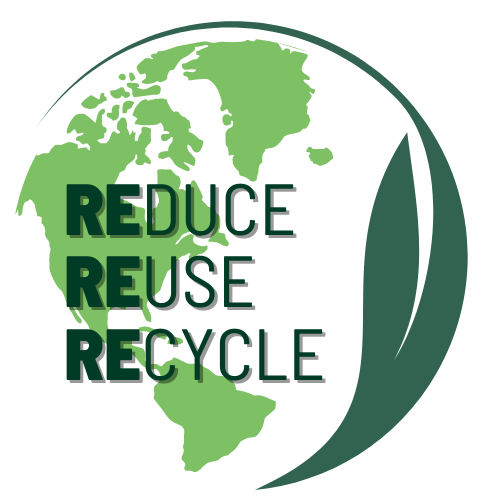Widespread microplastic ingestion by fish assemblages in tropical estuaries subjected to anthropogenic pressures
Widespread microplastic ingestion by fish assemblages in tropical estuaries subjected to anthropogenic pressures
A.L. Vendel, F. Bessa, V.E.N. Alves, A.L.A. Amorim, J. Patrício, A.R.T.
Palma, Widespread microplastic ingestion by fish assemblages in tropical
estuaries subjected to anthropogenic pressures, Marine Pollution
Bulletin, Volume 117, Issues 1–2, 15 April 2017, Pages 448-455, ISSN
0025-326X, http://dx.doi.org/10.1016/j.marpolbul.2017.01.081.
(http://www.sciencedirect.com/science/article/pii/S0025326X17301054)
Abstract: Abstract
Our aim was to quantify microplastic ingestion by fish assemblages in
two tropical Brazilian estuaries and to evaluate whether biological and
ecological factors influence the ingestion of microplastics by fish
species. Of 2233 fish from both estuaries (from 69 species) examined in
this study, 9% of the individuals (24 species) had microplastics in
their gut contents. Microplastic ingestion occurred irrespective of fish
size and functional group. The diet of fish species was analyzed based
on prey items identified in the fish’s full stomach contents and five
feeding guilds were defined. Microplastics were common throughout all
feeding guilds. Low (average ingestion values 1.06 ± 0.30 items/total
fish) but widespread occurrence among estuaries also indicates
proliferation of microplastic pollution. Our findings highlight the need
to focus on assemblage level studies to understand the real magnitude of
the problem and emphasize the urgency of mitigation measures directed at
microplastic pollution in estuarine ecosystems.
Keywords: Gut contents; Size; Functional groups; Feeding guilds; Human
impact; Brazil




